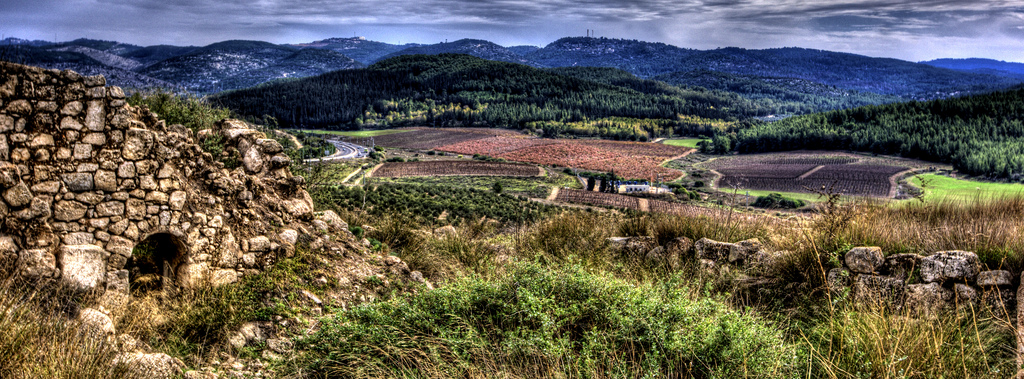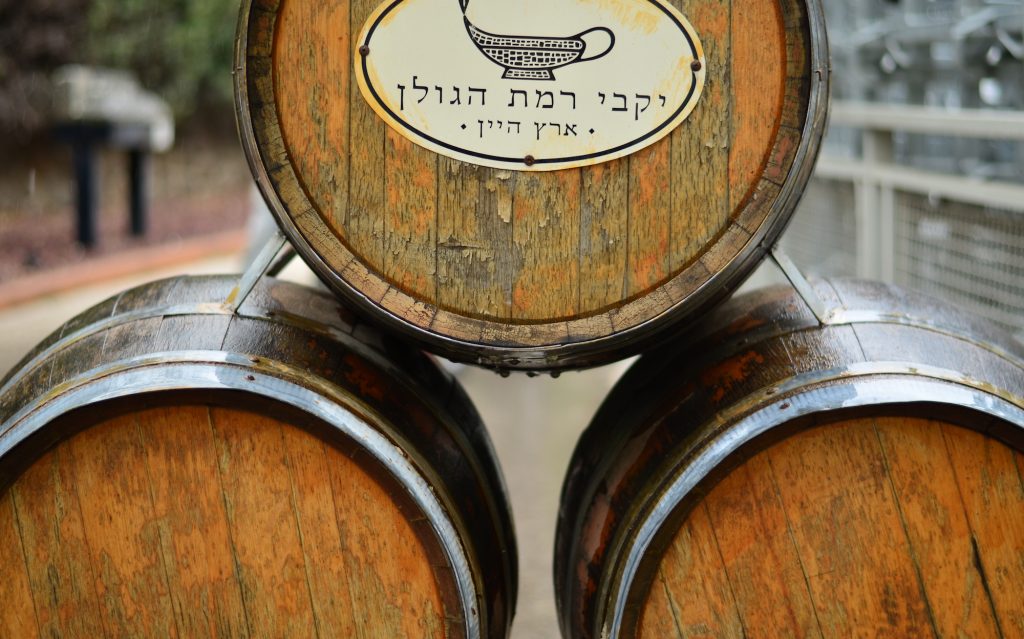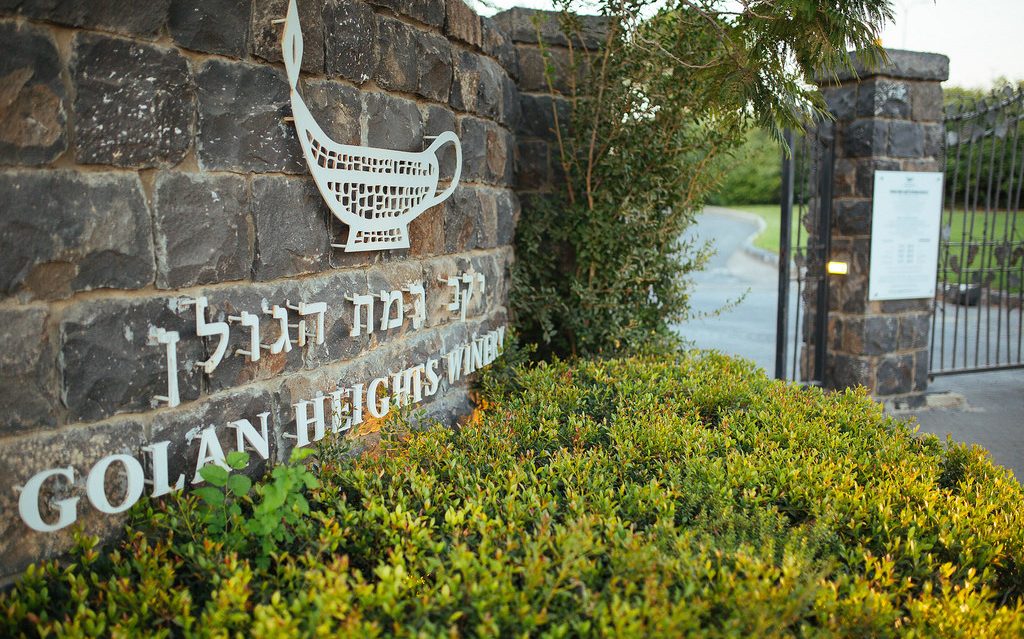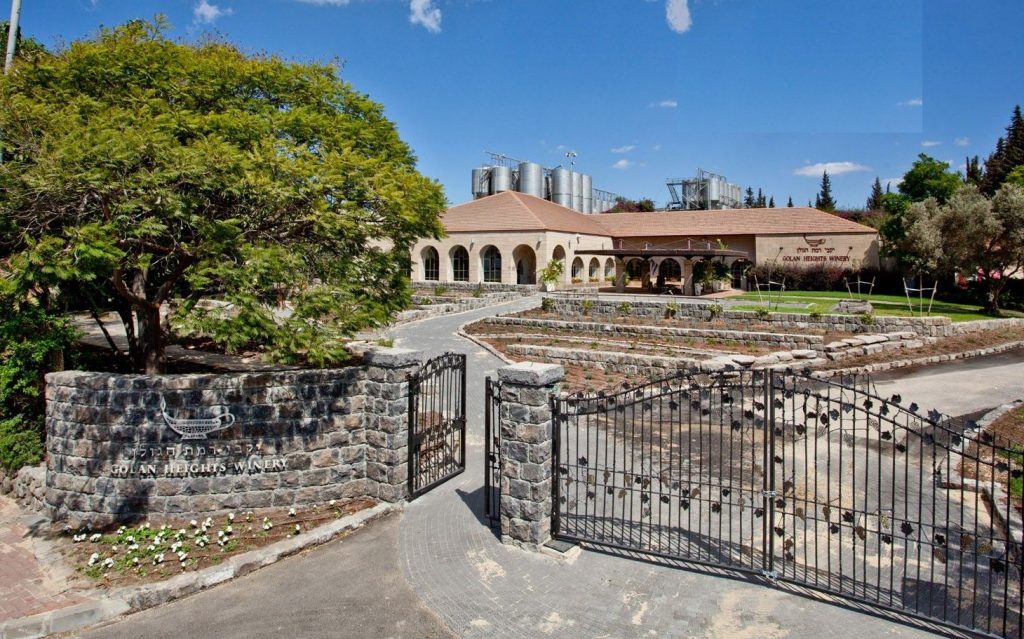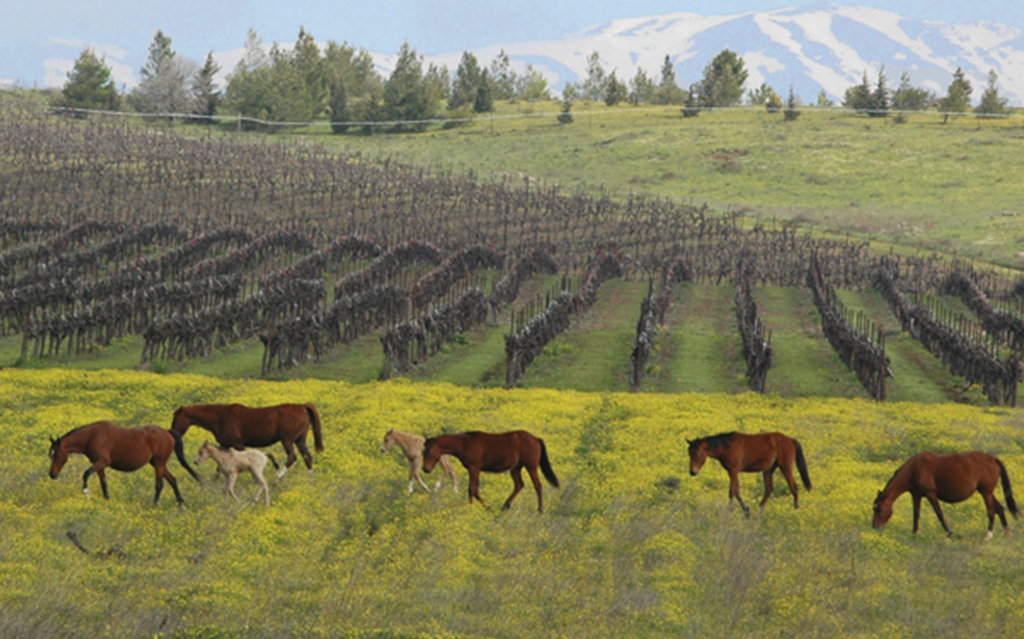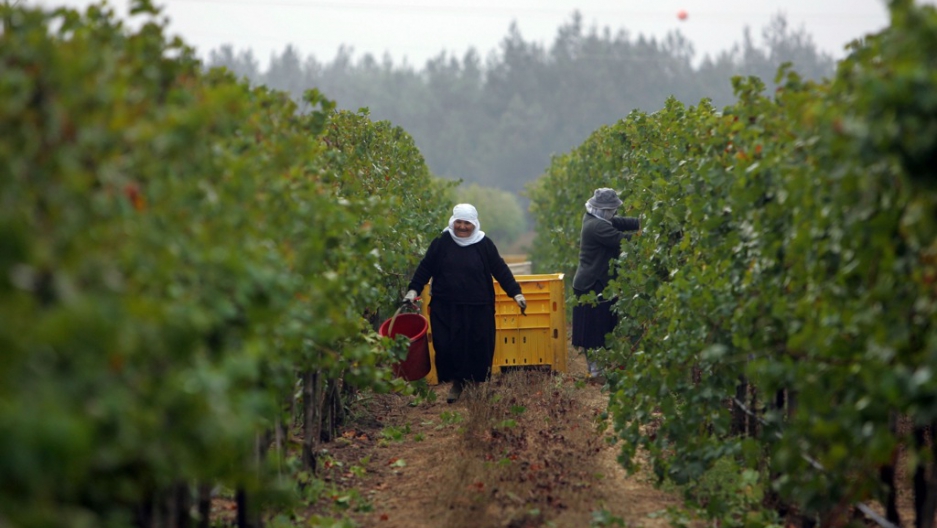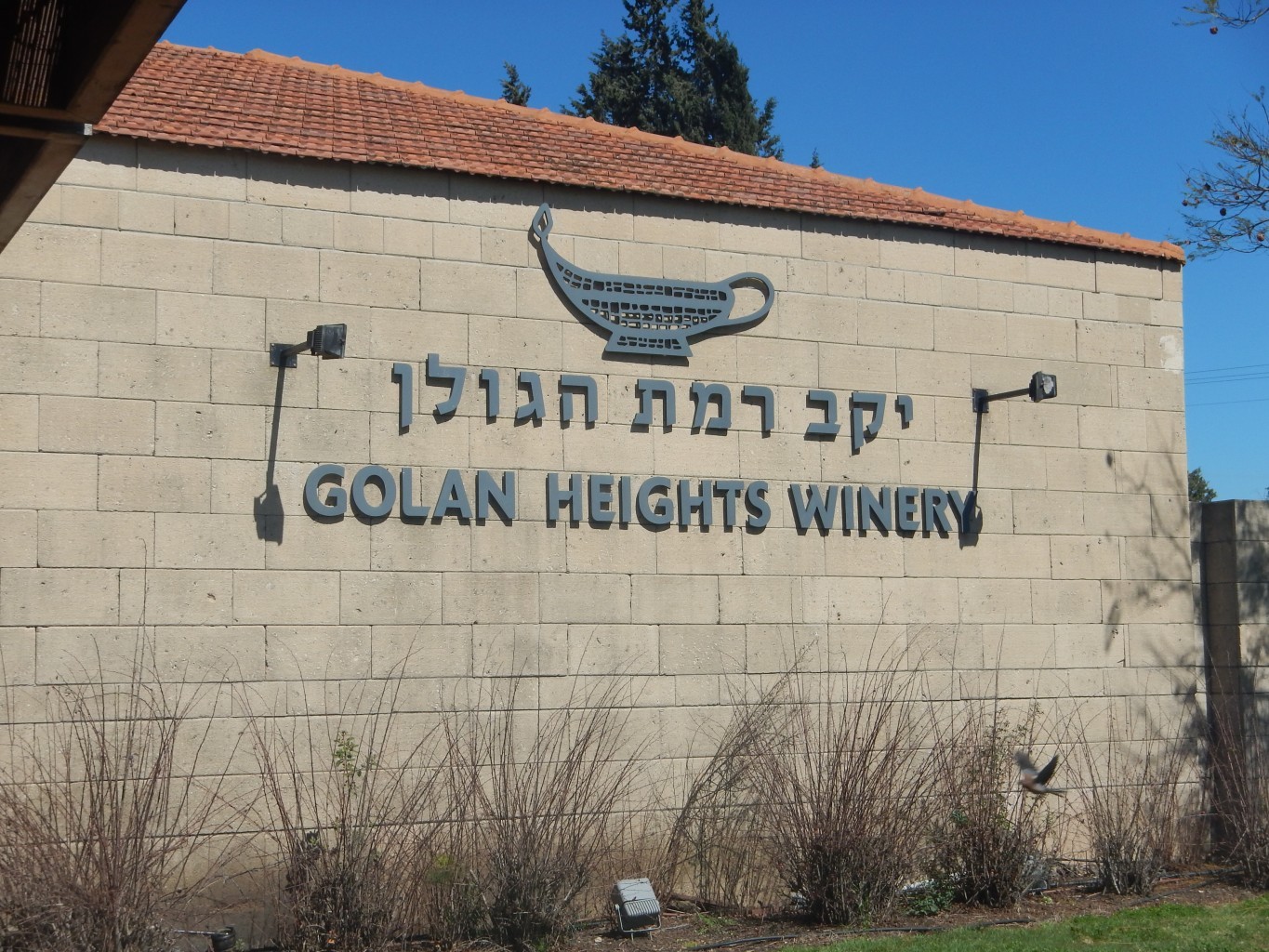No Two Vineyards Are Alike:
The Golan is so varied with respect to topography and climate, so the Golan Heights winery has a vast array of vineyards, each with their own separate altitude, aspect and different soil types and climatic conditions. This enables them to plant different varieties in optimal conditions, resulting in a multitude of attractive flavors, fragrances and bouquets.
The 28 vineyards sprawl over 600 hectares (1,500 acres), are divided into some 430 blocks. Each vineyard is recognized separately for its unique character. The fruit of each block is nurtured individually as the grapes are grown, harvested and brought to the winery. The grapes from each block are stored and handled separately throughout the winemaking process until the wine’s character and final blend are determined. The objective is to identify the separate terroirs and find the best way to express them in the final product.
Propagation?
Who doesn’t like to talk about propagation? If you’re reading this far, I know you likely won’t object to the conversation.
In their quest for the very highest quality possible, Golan Heights Winery saw a threat that had the potential to get in the way of that quest for quality. In 2004, the winery began to see a problem with vineyard viruses which prompted them to make some major changes. They decided to take full control of their vines and therefore turned to the notion of Vine Propagation as their next unwavering pledge towards deeper knowledge and quality in wine production.
Ok. Here’s where it gets geeky….
In 2007 Golan Heights Winery decided to establish their very own propagation facility. They didn’t simply google how it’s done, as you can imagine. No, they prepared themselves with
in-depth study and focused consulting with industry experts worldwide. All that meticulous preparation lead the winery to move ahead with their plans to create their own propagation facility with the cooperation of ENTAV.
ENTAV – What’s that?
Geek alert again!
ENTAV is France’s National Technical Association for Viticultural Improvement and is the world’s oldest and largest foundation plant material bank for wine vineyards. Established in 1962, ENTAV has over 1,200 defined clones and rootstocks, the majority of which are sold by authorized nurseries.
These are the geeks that will come to the rescue if your vines somehow get destroyed and you need to replant or if you want to start a new vineyards with a specific robust clone that will work in your particular area or terroir. This is the vine bank that may just meet all vineyard planting needs.
What ENTAV does is measure each vine clone based on quality parameters relating to plant, fruit and wine characteristics. ENTAV also checks that plants are healthy and virus-free on an ongoing and strict manner.
ENTAV maintains “mother” plants for all their clones and rootstocks, and supplies foundation material to propagation blocks that are usually owned and operated by commercial nurseries. Most of these certified nurseries are located in France, with others scattered worldwide. So, you could say that ENTAV is sort of in the business of drawing up family trees for grape varieties and clones around the world.
You can imagine that Golan Heights Winery’s nursery is state of the art. They follow all of the standards dictated by ENTAV and the facility has been built entirely under insect-proof netting, making it unique in the wine world. The winery adopted ENTAV’s treatment and management standards, while developing their own growing methods, which are suited to the unique growing conditions in the netted greenhouse.
The geeky pursuit of creating a Vine Propagation facility has its perks:
-Golan Heights Winery can officially say they are partner of ENTAV in Israel
-They now have their own specially selected and propagated vine block
-Their nursery not only meets the internal needs of the Winery, but also supplies high-quality vines to other wineries in Israel.
The People:
The people at Golan Heights are very serious about their grapes. The winemaker’s resumes are truly impressive. Many of the winemakers have several degrees, most of them include an education at California’s UC Davis. All of Golan Heights’ winemakers have cut their teeth at wineries of prestige from around the globe, including Champagne Jacquesson and Fils, Château St. Jean, Robert Mondavi, Navarro Winery in the Anderson Valley, Stags Leap Winery in Napa, Gloria Ferrer in Carneros and Kangarilla Road Vineyards and Winery in South Australia’s McLaren Vale.

